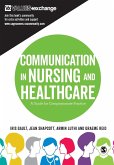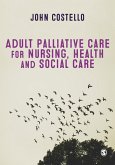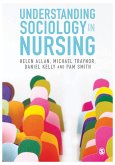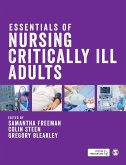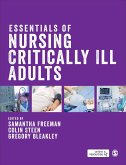Communication is an essential skill for nurses, midwives and allied health professionals when delivering care to patients and their families. With its unique and practical approach, this new textbook will support students throughout the three years of their degree programme and on into practice, focussing on how to develop person-centredness and compassionate and collaborative care.
Key features include:
_ students' experiences and stories from service users and patients to help readers relate theory to practice
_ reflective exercises to help students think critically about their communication skills
_ learning objectives and chapter summaries for revision
_ interactive activities directly linked to the Values Exchange Community website
Key features include:
_ students' experiences and stories from service users and patients to help readers relate theory to practice
_ reflective exercises to help students think critically about their communication skills
_ learning objectives and chapter summaries for revision
_ interactive activities directly linked to the Values Exchange Community website
'Gault et al have grasped the nettle of the impact of burnout, desensitisation, Francis and Winterbourne View on healthcare and offer a comprehensive toolkit of skills to breathe the fresh air of compassionate communication back into practice. I heartily recommend this text to all healthcare students and seasoned professionals alike.'
Karen Green 20160713
Karen Green 20160713
'Gault et al have grasped the nettle of the impact of burnout, desensitisation, Francis and Winterbourne View on healthcare and offer a comprehensive toolkit of skills to breathe the fresh air of compassionate communication back into practice. I heartily recommend this text to all healthcare students and seasoned professionals alike.'
Karen Green 20160713
Karen Green 20160713


